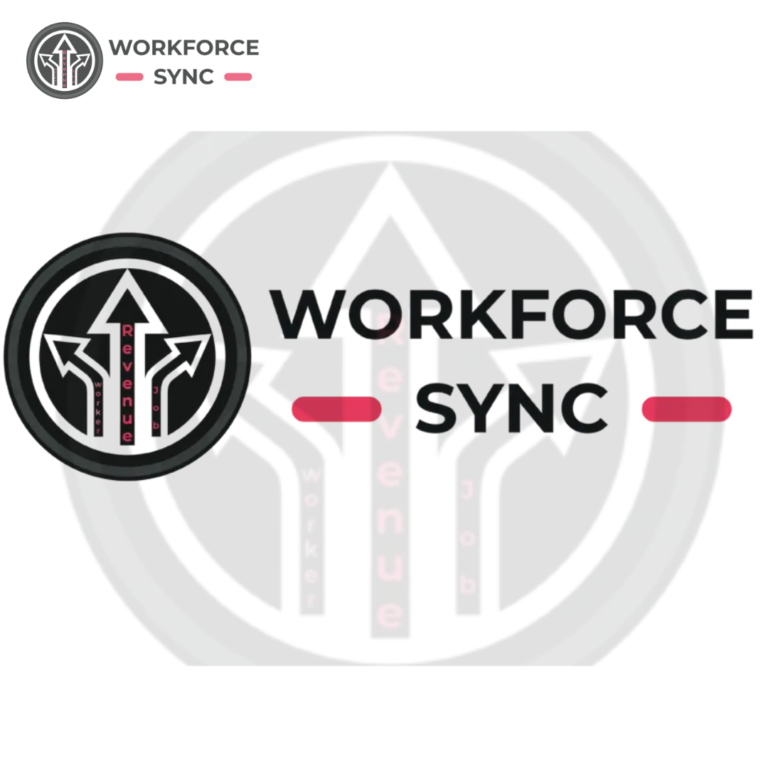Introduction to Data Management Platform
A data management platform, often referred to as DMP, is one of the most powerful tools available for businesses in today’s digital era. Organizations are generating massive amounts of data every second, and handling this data effectively is no longer optional but essential. A data management platform acts as a central hub that collects, stores, organizes, and analyzes data from various sources to help businesses make smarter, data-driven decisions. By integrating different types of customer and audience data into a single platform, companies can understand customer behavior better, personalize marketing campaigns, and optimize their digital strategies to drive growth.
What is a Data Management Platform
A data management platform is a technology solution designed to unify and manage large sets of data collected from both online and offline sources. It aggregates first-party data, such as customer information from websites and apps, second-party data acquired through partnerships, and third-party data purchased from external providers. By combining these data types, businesses gain valuable insights into customer preferences, buying habits, and overall market trends. In simple terms, a DMP helps turn raw data into actionable intelligence, enabling organizations to deliver targeted marketing campaigns, improve customer experiences, and optimize resources.
Importance of Data Management Platform in Modern Business
The importance of a data management platform cannot be overstated. Businesses today operate in a highly competitive digital landscape where customer expectations are constantly rising. A DMP enables brands to capture real-time data, segment audiences based on specific criteria, and build personalized experiences that increase engagement and loyalty. Without a proper DMP, companies risk being overwhelmed by fragmented data sources, which leads to poor decision-making and missed opportunities. Moreover, a DMP ensures better compliance with data regulations by organizing and securing data in one place, reducing risks related to privacy and security.
Key Features of a Data Management Platform
A robust data management platform comes equipped with several essential features that make it an indispensable tool for businesses. The first key feature is data collection, which allows the platform to gather structured and unstructured data from diverse sources such as websites, mobile apps, CRM systems, and offline channels. Another critical feature is data integration, which unifies this information into a single database for easy access. Audience segmentation is one of the most powerful capabilities, enabling businesses to categorize users based on demographics, behavior, or interests. Advanced analytics and reporting tools help organizations measure campaign performance and track customer journeys. Lastly, data security and privacy features ensure that sensitive information is protected and managed in compliance with global regulations like GDPR and CCPA.
Types of Data Collected by a DMP
A data management platform handles multiple types of data, each serving a unique purpose in creating a comprehensive customer profile. First-party data includes information collected directly from a company’s owned channels, such as website visits, app usage, customer feedback, and purchase history. This data is highly valuable because it is accurate and reliable. Second-party data comes from trusted partners who share their audience data, expanding reach without sacrificing quality. Third-party data is purchased from external vendors and includes broader demographic and behavioral information that helps in scaling campaigns. Combining all three types of data allows businesses to build a 360-degree view of their customers.
Benefits of Using a Data Management Platform
The benefits of implementing a data management platform are extensive and transformative. First, it improves customer understanding by centralizing data from different touchpoints and creating detailed audience profiles. Second, it enables hyper-personalization of marketing campaigns, ensuring that customers receive messages tailored to their needs and preferences. Third, it enhances targeting accuracy by segmenting audiences into highly relevant groups, which increases conversion rates and reduces wasted ad spend. Fourth, it improves operational efficiency by automating data collection and organization processes, freeing up valuable time for strategy and execution. Finally, a DMP fosters better decision-making by providing real-time insights and predictive analytics that guide future business strategies.
Data Management Platform vs Customer Data Platform
A common confusion in the data-driven world is the difference between a data management platform and a customer data platform. While both are crucial, they serve different purposes. A data management platform primarily focuses on collecting anonymous audience data for marketing and advertising purposes. It is used to build audience segments and deliver targeted ads across digital channels. On the other hand, a customer data platform (CDP) collects and stores identifiable customer data, such as email addresses and purchase history, and creates a persistent customer profile. A DMP is typically used by advertisers and publishers, whereas a CDP is used by marketers who want to nurture customer relationships. Together, both tools complement each other and provide a holistic approach to data-driven marketing.
How a Data Management Platform Works
The working of a data management platform can be explained in three main steps. First is data collection, where the DMP gathers raw data from multiple online and offline sources, including cookies, mobile IDs, CRM systems, and partner integrations. Second is data organization, where the platform standardizes, cleans, and integrates the data into a unified structure that can be easily analyzed. Third is data activation, where the organized data is used to create audience segments and deliver targeted ads across digital channels such as display, video, mobile, and social media. By constantly learning from incoming data, a DMP ensures that campaigns remain relevant and effective.
Use Cases of Data Management Platform
A data management platform is widely used across industries for various purposes. In digital advertising, brands use DMPs to identify high-value audiences and deliver personalized ads that maximize return on investment. In e-commerce, businesses use DMPs to analyze customer behavior, recommend products, and optimize pricing strategies. In media and publishing, DMPs help segment readers and deliver personalized content to increase engagement. In financial services, DMPs assist in detecting fraud patterns and improving customer retention strategies. Healthcare organizations use DMPs to manage patient data securely and create personalized health programs. These diverse applications highlight the versatility and value of data management platforms in modern industries.
Choosing the Right Data Management Platform
Selecting the right data management platform is crucial for maximizing business success. Companies should start by defining their objectives, whether it’s improving customer targeting, enhancing personalization, or ensuring compliance. Evaluating scalability is essential to ensure that the DMP can handle future data growth. Integration capabilities should also be considered, as the platform must connect seamlessly with existing CRM systems, marketing automation tools, and ad networks. Ease of use, including user-friendly dashboards and reporting tools, is another factor that improves adoption across teams. Finally, organizations should assess vendor reputation, customer support, and pricing models before making a decision.
Challenges of Implementing a Data Management Platform
Despite its many advantages, implementing a data management platform comes with challenges. Data privacy is one of the biggest concerns, as companies must ensure compliance with regulations like GDPR and CCPA. Another challenge is data quality, as inaccurate or incomplete data can lead to flawed insights and poor decision-making. Integration complexity is also a hurdle since businesses often operate multiple systems that may not easily connect with a DMP. Additionally, high costs associated with implementation and maintenance can be a barrier for smaller companies. Finally, organizations may face skill gaps, as managing and analyzing complex data requires trained professionals.
The Future of Data Management Platforms
The future of data management platforms looks promising as businesses increasingly rely on data-driven strategies. With the decline of third-party cookies, DMPs are expected to evolve to focus more on first-party and second-party data sources. Artificial intelligence and machine learning will play a significant role in enhancing predictive analytics, improving customer segmentation, and automating decision-making processes. Integration with customer data platforms will become more common, offering businesses a unified view of both anonymous and identifiable data. Furthermore, stronger emphasis on data privacy and ethical data usage will shape the next generation of DMPs.
Conclusion
A data management platform has become a cornerstone for businesses seeking to thrive in the data-driven world. It provides the ability to collect, organize, and activate data in ways that empower better customer engagement, improved decision-making, and higher business efficiency. From digital advertising to e-commerce and beyond, DMPs unlock endless opportunities for growth and personalization. While challenges exist in terms of privacy, cost, and complexity, the benefits far outweigh the risks when implemented correctly. As technology advances, the role of a data management platform will continue to expand, making it an essential investment for companies aiming to stay competitive in the digital economy.




